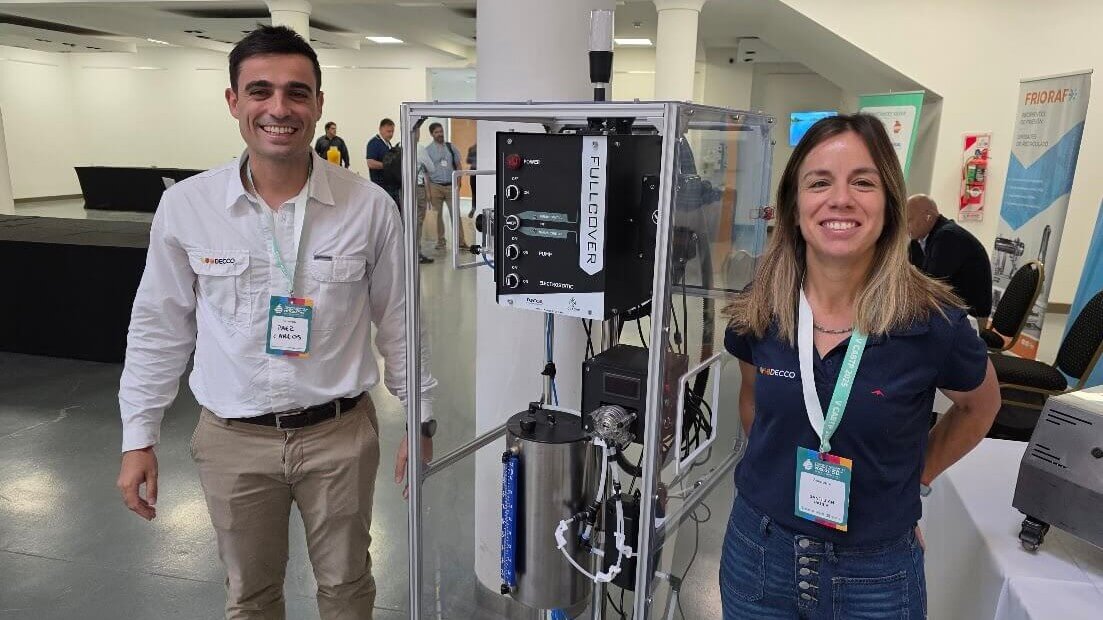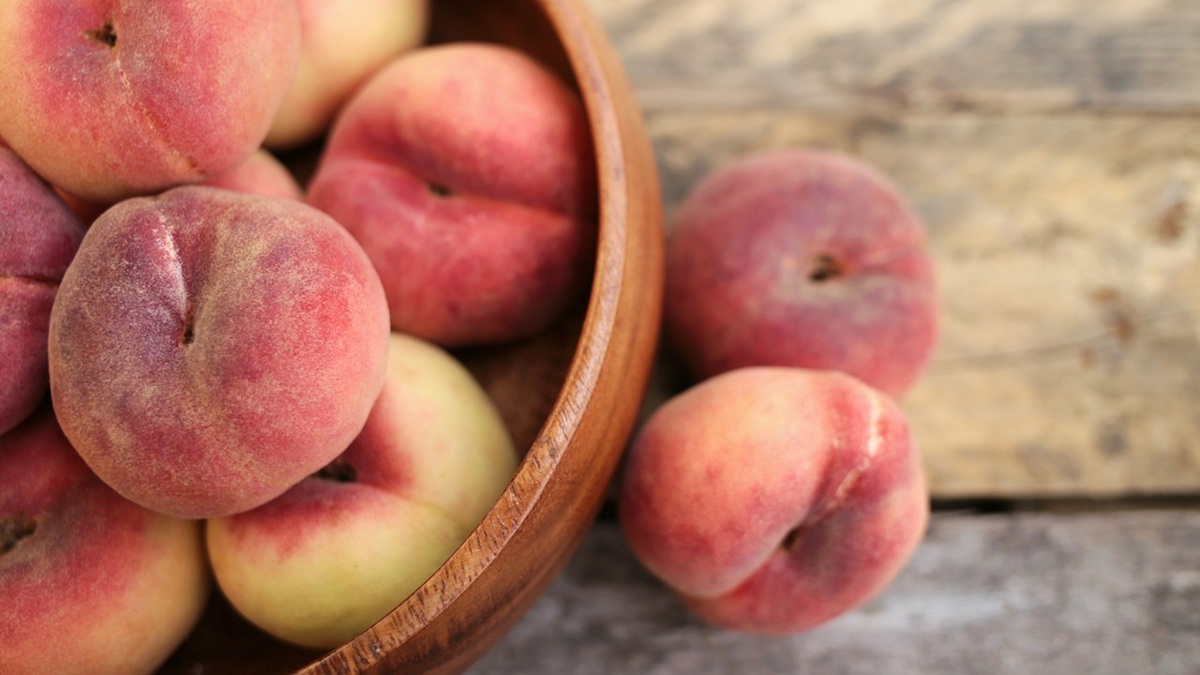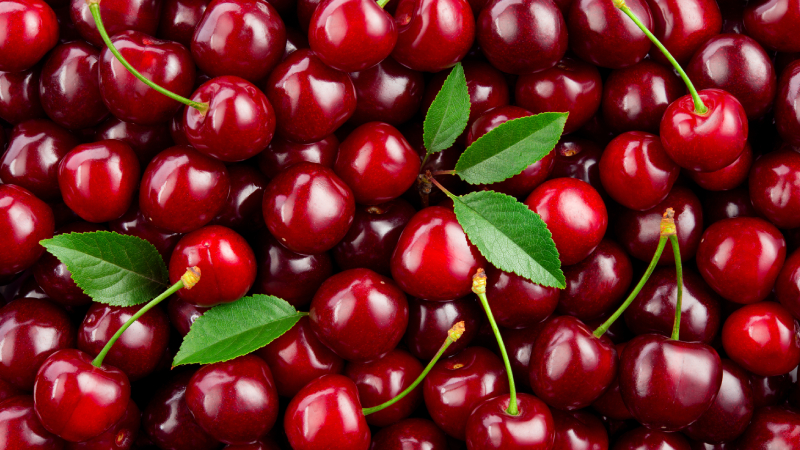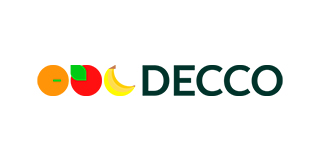
Decco Ibérica
Phytosanitaries
DECCO expands its global footprint with a new plant in Valencia, Spain
The company will open a new plant in October 2025 to reinforce its global supply chain
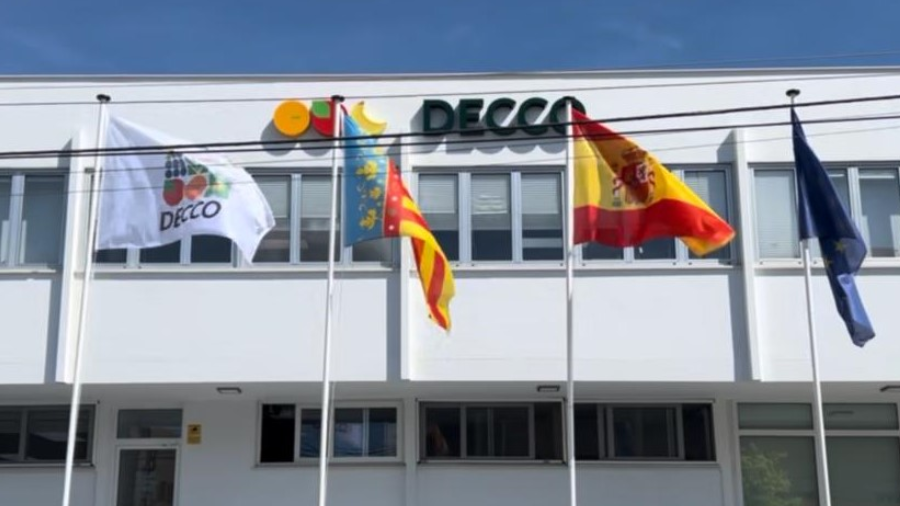
DECCO, a global specialist in extending the shelf life of fruits and vegetables, reinforces its commitment to reducing food waste and improving food safety. With a focus on delivering greater freshness and sustainability for present and future generations, the company continues to expand its operations worldwide.
As part of its sustainable supply chain strategy, DECCO currently operates eight production plants around the world, strategically located to maximize proximity to suppliers and customers. In line with its growth and expansion plan, the company proudly announces the addition of a new plant in Valencia, Spain, scheduled to start operations in October 2025, bringing the total number of production plants to nine.
New Valencia Plant to Strengthen the Supply Chain
Manish Sirohi, CEO of DECCO Worldwide, explains:
“This expansion reflects our ongoing investment in innovation and resilience. The new Valencia plant is a key step to meet the growing demand for innovative postharvest solutions while ensuring a strong and sustainable supply chain.”
With two operating plants in Valencia, DECCO is now positioned to strengthen its supply chain by increasing operational flexibility, reducing lead times, improving delivery reliability, and enhancing its capacity to manage disruptions or demand peaks.
Enrique Gómez, Supply Chain Director at DECCO Worldwide, adds:
“Our expansion in Valencia not only strengthens the supply chain but also ensures that we are in an optimal position to quickly adapt to our customers’ needs.”


